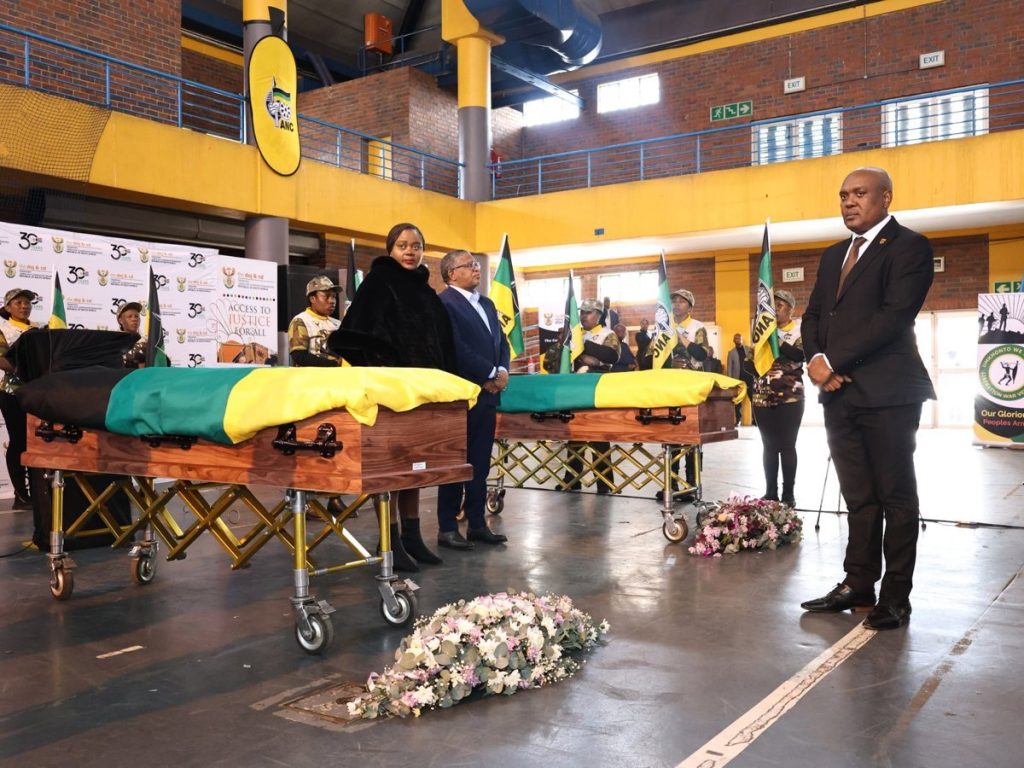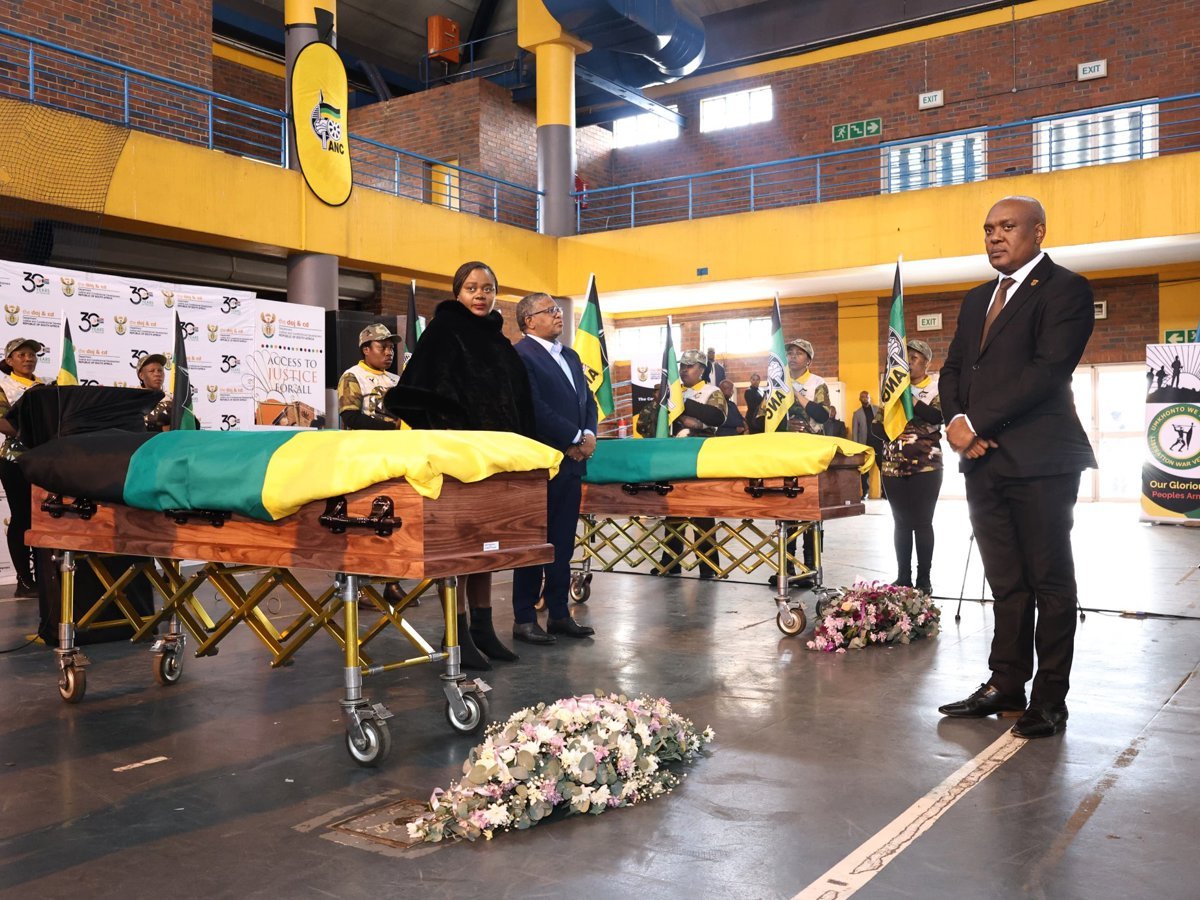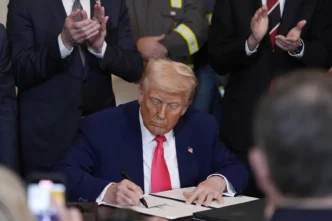The South African government has handed over the exhumed remains of political activist Benjamin Moloise to his family, four decades after he was executed by the apartheid regime—a move that had once sparked international outrage.
Moloise, a member of the African National Congress (ANC), was hanged in 1985 at the age of 30 after being convicted of killing a security policeman, a charge he denied. His execution provoked widespread riots across South Africa and condemnation from global leaders. The United Nations called for his death sentence to be commuted, while Pope John Paul II denounced the execution, calling it a cause of “anguish” amid an ongoing “situation of objective injustice”.
The ceremony, held in Soweto on Saturday, also saw the remains of another ANC activist, Abraham Mngomezulu, returned to his family. Mngomezulu was executed in 1989 at the age of 23 after participating in anti-eviction protests that turned violent, resulting in a fatality. Both men were buried in unmarked graves without their families present—a practice common under apartheid.

Their reburial was described by the justice ministry as a “significant milestone” in the country’s continued efforts toward national healing and reconciliation. Justice Minister Mmamoloko Kubayi, speaking at the event, said that the government had already returned the remains of 74 individuals executed during the apartheid era.
“We are determined to ensure that the heroes of our struggle receive the recognition befitting their sacrifice for the liberation of black people,” she said.
The handover comes during renewed focus on apartheid-era crimes, with President Cyril Ramaphosa announcing this week a judicial inquiry into long-standing delays in prosecuting such cases. Although South Africa’s Truth and Reconciliation Commission (TRC), established in 1996, held thousands of hearings and offered the possibility of amnesty, it has led to few actual trials.
In recent months, some inquests have been reopened, including that of ANC leader and Nobel Peace Prize laureate Albert Luthuli, who died in 1967. At the time, authorities claimed Luthuli was killed by a train—an account now under renewed investigation.


 Trending
Trending 




